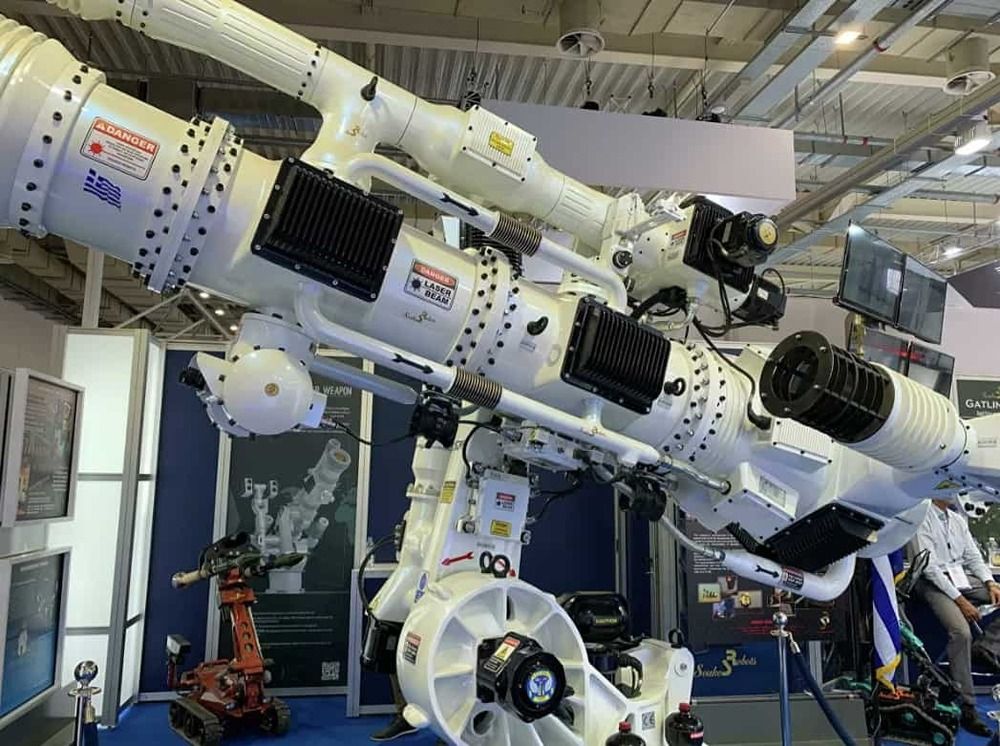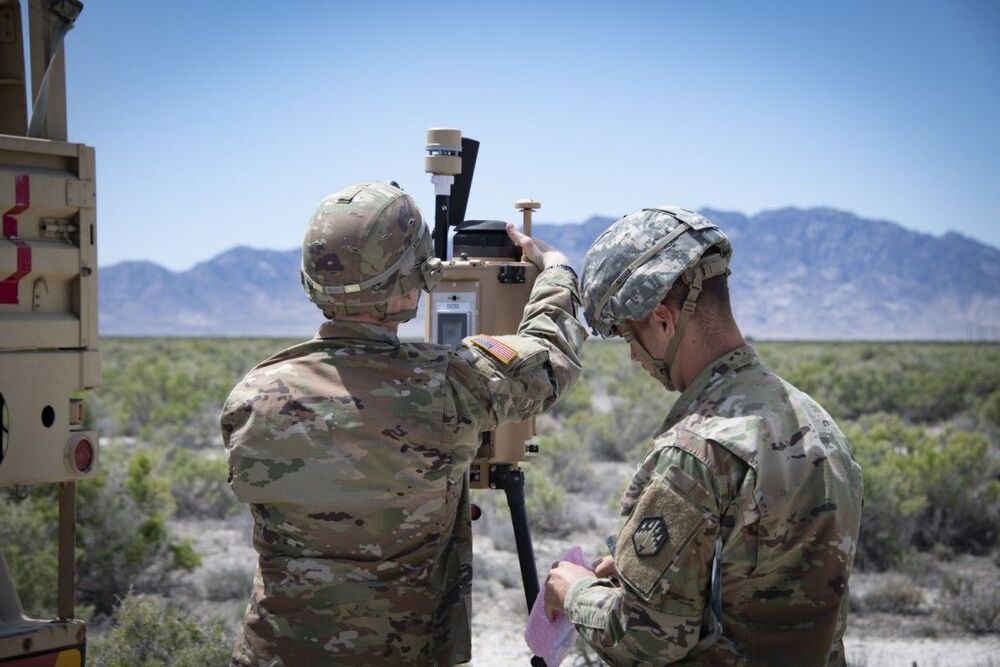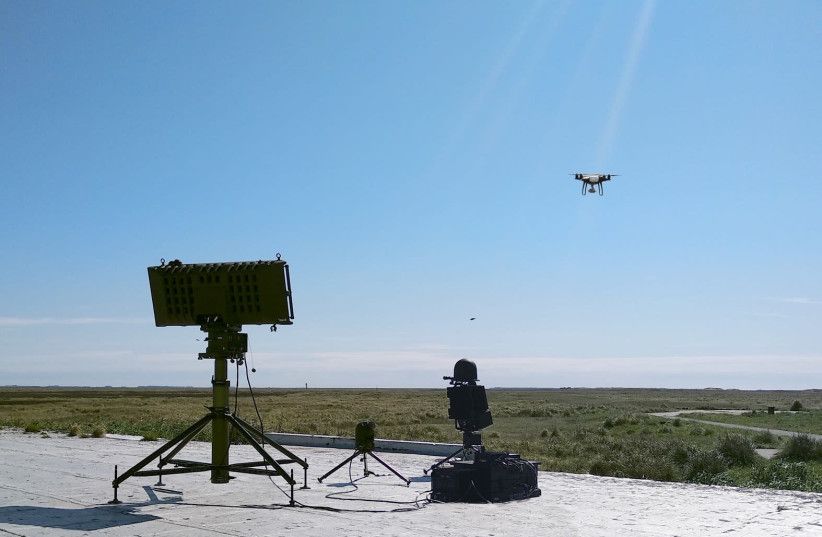
Jacopo Buongiorno and others say factory-built microreactors trucked to usage sites could be a safe, efficient option for decarbonizing electricity systems.
We may be on the brink of a new paradigm for nuclear power, a group of nuclear specialists suggested recently in The Bridge, the journal of the National Academy of Engineering. Much as large, expensive, and centralized computers gave way to the widely distributed PCs of today, a new generation of relatively tiny and inexpensive factory-built reactors, designed for autonomous plug-and-play operation similar to plugging in an oversized battery, is on the horizon, they say.
These proposed systems could provide heat for industrial processes or electricity for a military base or a neighborhood, run unattended for five to 10 years, and then be trucked back to the factory for refurbishment. The authors — Jacopo Buongiorno, MIT’s TEPCO Professor of Nuclear Science and Engineering; Robert Frida, a founder of GenH; Steven Aumeier of the Idaho National Laboratory; and Kevin Chilton, retired commander of the U.S. Strategic Command — have dubbed these small power plants “nuclear batteries.” Because of their simplicity of operation, they could play a significant role in decarbonizing the world’s electricity systems to avert catastrophic climate change, the researchers say. MIT News asked Buongiorno to describe his group’s proposal.

















